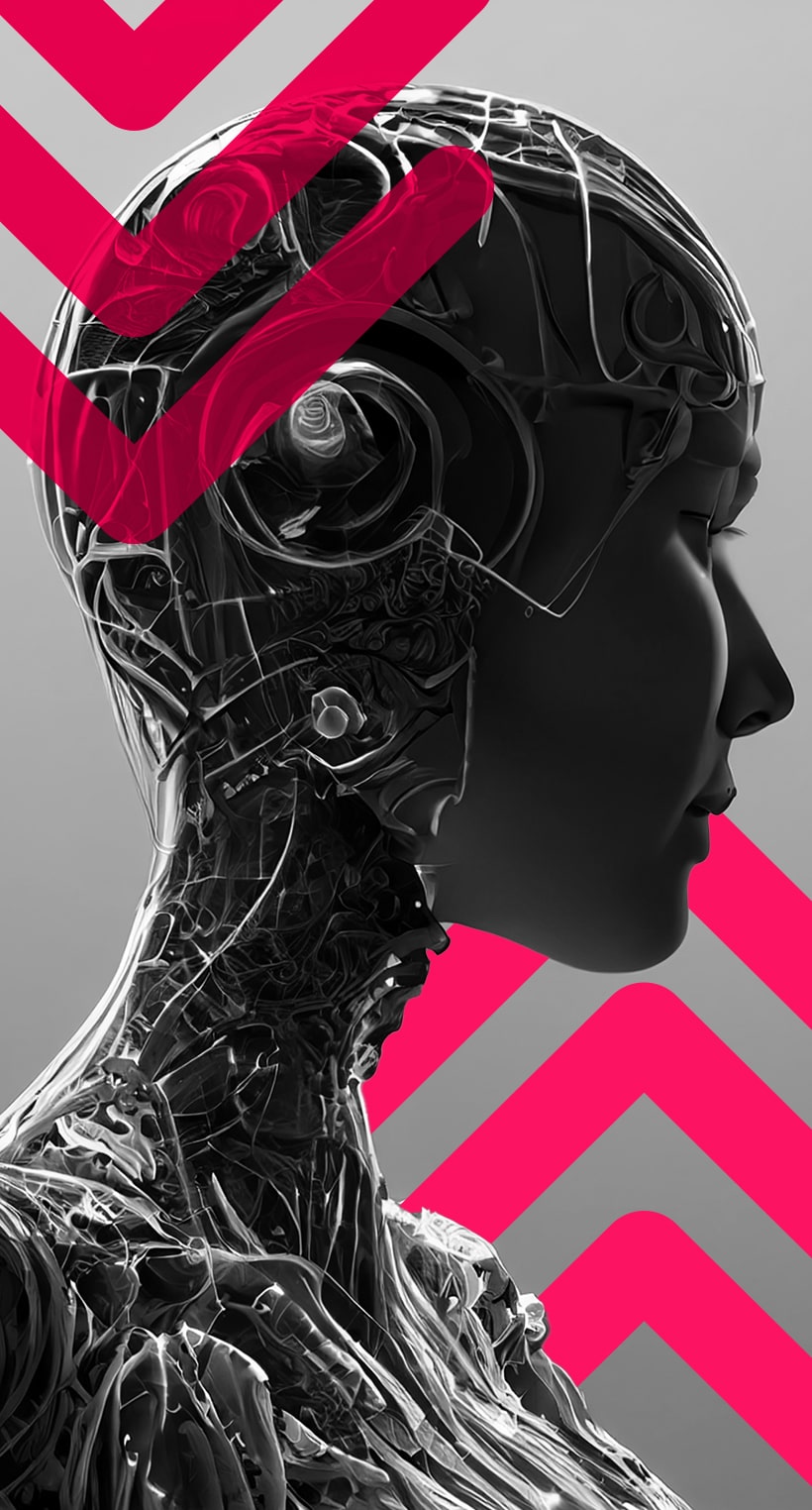Marketing has evolved significantly with the advent of artificial intelligence (AI). AI has revolutionised how businesses engage with their customers, providing valuable insights and personalised experiences. In this article, we will explore the disadvantages of traditional marketing strategies in customer engagement and delve into the rise of AI in marketing.
The Limitations of Traditional Marketing in Customer Engagement
Traditional marketing strategies are static and do not adapt to the changing needs and preferences of customers. For instance, billboard advertisements and newspaper ads have limited interactivity, making it difficult for businesses to engage with their audience in a meaningful way. Furthermore, traditional marketing often relies on interruptive techniques, such as cold calling or unsolicited emails, which can be intrusive and alienate potential customers.
Another disadvantage of traditional marketing is its limited ability to measure and analyse campaign performance. Without accurate data and analytics, businesses may struggle to understand the effectiveness of their marketing efforts, making it challenging to make informed decisions and optimise campaigns for better results.
The Rise of AI in Marketing
With the advancements in AI technology, businesses now have access to sophisticated marketing tools that can analyse vast amounts of data and make intelligent predictions. AI algorithms can identify patterns, preferences, and behaviours of customers, enabling businesses to personalise their marketing messages and target specific demographics with precision.
AI-driven marketing tools leverage machine learning to continuously improve their performance. These tools can automatically optimise campaigns, identify the most effective channels, and adjust strategies based on real-time data. This level of automation and adaptability allows businesses to engage with customers in a more meaningful and impactful way.
Advantages of AI-Driven Marketing Tools
AI-driven marketing tools offer numerous advantages over traditional marketing strategies. Firstly, these tools provide businesses with valuable insights into customer behaviour and preferences. By analysing data from various sources, AI can identify patterns and trends that would be difficult for humans to discern. This information can then be used to create highly targeted and personalised marketing campaigns.
Secondly, AI-powered marketing tools enable businesses to automate repetitive tasks, freeing up time and resources for more strategic initiatives. For example, chatbots can handle customer inquiries and provide real-time support, improving customer satisfaction and reducing the workload of customer service teams.
Lastly, AI-driven marketing tools can scale campaigns effortlessly. Whether a business needs to reach a small niche audience or a vast global market, AI can optimise campaigns to maximise reach and engagement. This scalability ensures that businesses can effectively reach their target audience, regardless of its size.
AI Targeting and Personalised Marketing
One of the key advantages of AI in marketing is its ability to target specific demographics with personalised messages. By analysing vast amounts of data, AI algorithms can identify individual customer preferences and create tailored marketing campaigns that resonate with each customer.
For instance, an e-commerce website can use AI-powered recommendation engines to suggest products based on a customer’s browsing and purchase history. These personalised recommendations not only enhance the customer experience but also increase the likelihood of conversion and repeat business.
Additionally, AI can leverage predictive analytics to anticipate customer needs and proactively offer solutions. For example, a travel agency can use AI algorithms to analyse customer data and predict upcoming travel plans. By providing personalised offers and suggestions, the agency can effectively engage with customers and increase their satisfaction.
AI-Powered Customer Engagement Strategies
AI has transformed the way businesses engage with their customers. Chatbots, for example, have become a popular AI-powered tool for customer engagement. These virtual assistants can provide real-time support, answer frequently asked questions, and even make personalised product recommendations.
Moreover, AI-powered chatbots can analyse customer interactions to identify buying signals and lead opportunities. This valuable information can then be passed on to sales teams, allowing them to focus their efforts on the most promising prospects.
Another AI-driven customer engagement strategy is sentiment analysis. By analysing customer feedback and social media data, AI algorithms can gauge customer sentiment towards a brand or product. This information can help businesses identify areas for improvement and address customer concerns promptly.
The Future of Marketing: AI Integration and Innovation
The future of marketing lies in the integration and innovation of AI. As technology continues to evolve, AI will become more accessible and affordable for businesses of all sizes. This will enable even small businesses to leverage AI-driven marketing tools to engage with their customers on a deeper level.
Innovation in AI will also lead to new possibilities in marketing. For example, advancements in natural language processing may enable businesses to create conversational AI experiences that mimic human interactions. This will further enhance customer engagement and provide more immersive brand experiences.
Moreover, integrating AI with other emerging technologies, such as augmented reality and virtual reality, will open up new avenues for marketing. Businesses can create interactive and personalised experiences for customers, allowing them to visualise products or try out virtual experiences before making a purchase.
Conclusion
In conclusion, traditional marketing strategies have limitations when it comes to customer engagement. AI has emerged as a powerful tool that addresses these limitations, offering businesses the ability to target specific demographics, personalise marketing messages, and automate campaigns. The advantages of AI-driven marketing tools are evident in successful case studies, where businesses have seen increased customer engagement and improved campaign performance.
Despite the challenges and concerns associated with AI, the future of marketing lies in its integration and innovation. As technology continues to advance, AI will play a crucial role in shaping the way businesses engage with their customers. By embracing AI-driven marketing strategies, businesses can stay ahead of the competition and deliver exceptional customer experiences.
;)
;)
;)